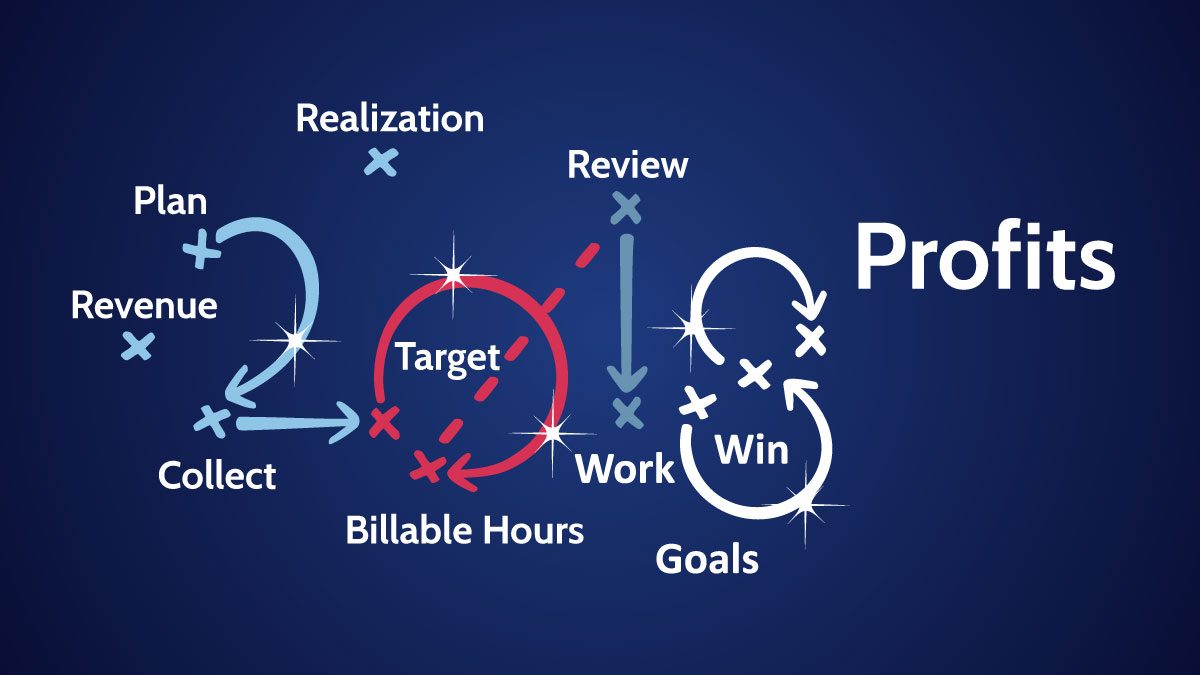One of the most important characteristics of an individual is Attitude. Much has been written about this subject: how we can improve and manipulate thoughts and focus attentions on pre-determined objectives.
Prior to this process of self-improvement, it is first necessary toidentify the problem. Too many of us do not get to this the first base.
The general Australian attitude of “She’ll be right” has developed without recognition of its far ranging impact.
In business, we are consistently confronted with the challenge of poor employee and management attitudes. All phases of the employee output and productivity are effected. Unless these limiting attitudes can be improved, business will continually struggle. This limits competitiveness, both domestically and internationally.
Historically, Australia’s abundance of natural resources allowed us the security not to concentrate on human resource development which, to date, has been largely ignored.
Now, countries nowhere near as resource rich have moved to positions of of economic world leadership due to their attention to developing human resources as an alternative to natural resources.
With the fickle nature of the world economy and our negligence in developing human resources, Australia is faced with severe problems.
With a constant population, it is essential for our human resources to be developed. This is the first stage to regaining a competitive position in the world economy.
At the centre of human resource development is the characteristic of “attitude”.
Australia’s easy going lifestyle is symbolised in our “9 to 5” mentality that our attitude allows us to accept.
For Australia to again become successful in world trading, we must emphasise the development of human resources and begin with improving individual’s attitudes.
Our attitude to service is exemplified in the tourist industry. All too often tourist industry service is sub-standard when compared to our overseas competitors. As an example: The World Expo has been a great success. Tt is now recognised that the attitudes and motivation of those involved has been a key to this success Improvement of Human Resources
Human resources, and particularly attitudes, can be improved in many areas.
Employers need to lead by example to encourage individual improvement by incentives etc. The work environment should be conducive and leadership strong, to ensure employees clearly see the direction and expectation of management.
Governments must also encourage individuals to act and alter their attitude. One obvious area is through the taxation system, which currently acts as a disincentive to increased exertion and productivity.
Individuals need to see the benefits of the efforts.
Our education system requires upgrading to emphasise in children, from early years, the benefits of seeking success, being progressive and not accepting the existing status quo. We need to instill an attitude in children that will carry them through their developmental years and create highly motivated individuals who will play an active and vital role in Australia’s future.
Just as sportsmen require years of training, so do individuals if they are to be valuable members of society. Performers need encouragement, not obscurity.
The development of human resources and attitude referred to above will, unfortunately, be a gradual process. Individuals will reject the notion of improving their own attitudes because they are content with the status quo and do not realise the long term necessity of this change. Australians are very short term in their thinking and this must be take into account. This is one reason why the improvement process needs to start with the education system.
A Solution
To improve Australia’s human resources and develop an attitude aligned with economic success, all areas of society need to be active in providing incentives.
The education system, government and business sector will need support from society if these improvements are to be successfully introduced. At present we are too easily distracted from this vital issue by superficial success, reflecting our short term attitudes.
Much can be learned from overseas migrants to Australia. They are characterised by surviving extreme hardship conditions, a strong desire to succeed and total commitment. Australians rightly feel threatened by this success.
Australians have no choice but to learn from them and implement the necessary society reforms that will ensure the success of future generations.
Australians need to become hungry for success and development. If we do not take remedial action soon to improve our human resources, it may well be an Asian hand that fees this hunger.

